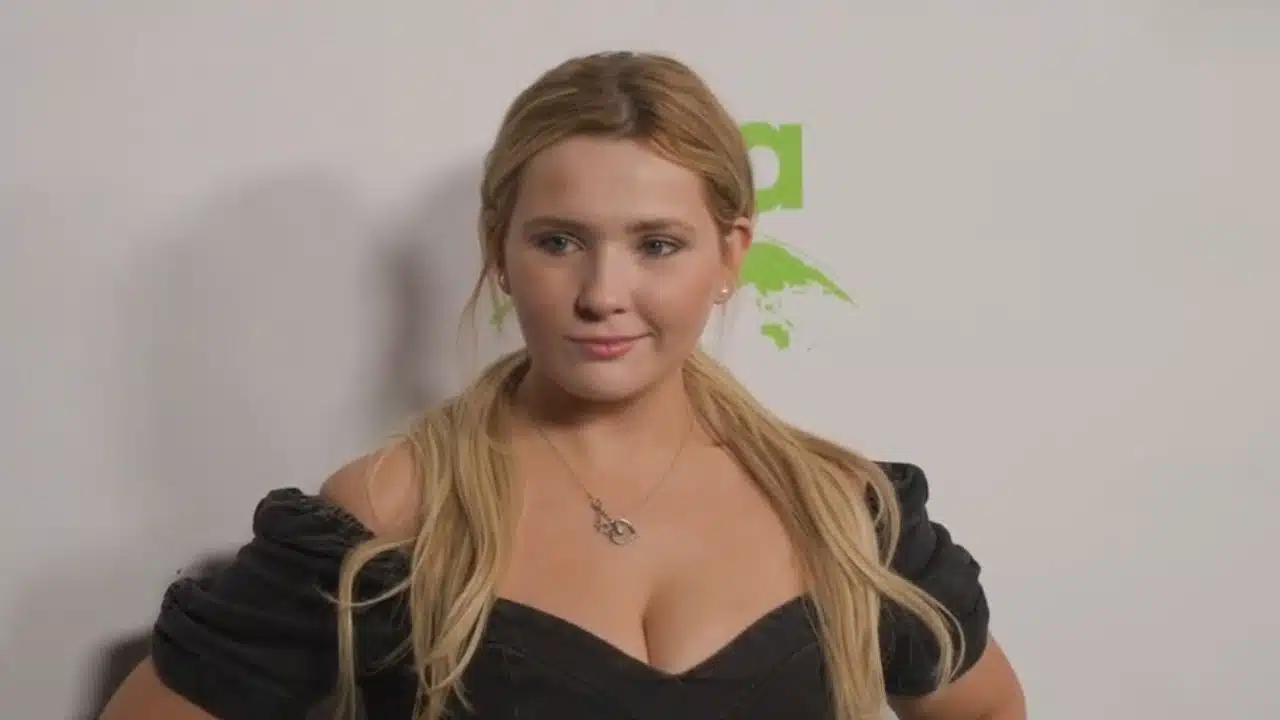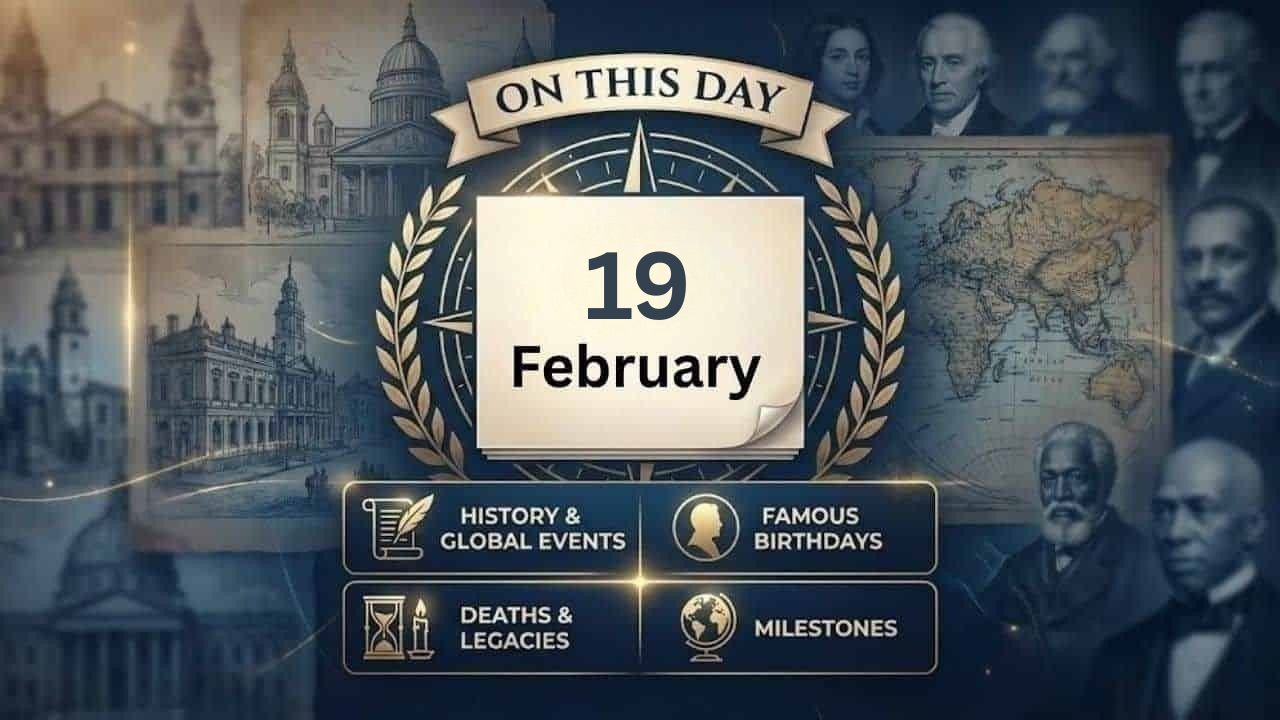Abigail Breslin has shared her thoughts in an emotional essay regarding the recent allegations made by Blake Lively against Justin Baldoni. The 28-year-old actress posted a lengthy statement on social media, addressing broader issues of gender inequality, toxic masculinity, and the scapegoating of women in the entertainment industry.
Her essay comes in the wake of Blake Lively’s accusations against her It Ends With Us costar and director, Justin Baldoni, citing sexual harassment and orchestrating a smear campaign. Breslin drew parallels between Blake’s situation and her own troubling experience with costar Aaron Eckhart while working on the movie Classified.
“When Did the Word Woman Become Synonymous With Scapegoat?”
In her essay, Abigail expressed frustration over the way women are vilified for speaking out against inappropriate behavior, while men often escape accountability. She wrote:
“When did the word woman become synonymous with scapegoat? In light of recent events regarding the attempt to destroy the career and livelihood of a fellow actress and woman, I have felt compelled to write this, as I have unfortunately been subject to the same toxic masculinity throughout my life.”
Breslin revealed how her own concerns about Aaron Eckhart’s alleged unprofessional behavior were dismissed and ridiculed when she reported them. The production companies behind Classified even filed a lawsuit against her, labeling her accusations as “wild, hysterical, and imaginary.”
A Reflection on the #MeToo Movement
The actress also addressed the rise of the #MeToo movement in 2017, describing the initial hope it inspired and her subsequent disillusionment. While the movement seemed to spark meaningful conversations about abuse and harassment, Breslin likened its impact to a fleeting firework — bright and shocking, but ultimately short-lived.
“There seemed to be an uprising, a new wave of recognition for those who had been abused, degraded, slandered, silenced, and it was loud. But it was the kind of noise I can only liken to a firework… And when the smoke in the sky clears and the ashes and debris are swept away from the sidewalk, behind closed doors — to them — we are still just noisy women.”
She noted that the public support for women who spoke out dwindled over time, leaving those individuals to face backlash and isolation.
“I Was Made Out to Be Hysterical”
Breslin opened up about the emotional toll of being discredited and shamed for speaking out against Eckhart. She described the aftermath of being named in a lawsuit as deeply traumatic.
“When a suit was filed against me by a former employer, (the suit was withdrawn), after making a confidential complaint against a coworker for unprofessional behavior, I had the silly and naive impression they would believe me. Instead of being believed and protected, a suit was filed against me for having the audacity to speak up.”
The experience tarnished her reputation, which she had spent over two decades building. She was painted as “crazy” and “paranoid,” with past allegations of abuse being weaponized against her.
“Women Are Still Fighting for Basic Respect”
Breslin’s essay underscored the systemic issues faced by women in Hollywood and beyond, highlighting how deeply ingrained biases continue to shape public narratives. She criticized the dismissive attitude that views gender inequality as a problem of the past.
“As if centuries of women being underpaid, undervalued, under-appreciated, raped, harassed, terrified, and used for the benefits of d-ck-wielding heroes would be erased because you commented on your second cousin’s #MeToo Instagram saying ‘stay strong.’”
A Call for Change
Despite her frustration, Abigail expressed a glimmer of hope for meaningful change, calling for society to move beyond performative allyship and truly hold perpetrators accountable. Her essay serves as a reminder of the resilience of women who continue to speak up, even in the face of adversity.
As Breslin continues her career, her words shed light on the ongoing challenges faced by women in Hollywood, and her solidarity with Blake Lively underscores the importance of unity and mutual support in combating systemic inequality.
Abigail Breslin’s raw and heartfelt essay is a powerful testament to the need for accountability and cultural change. Her willingness to share her story highlights the courage it takes to stand up against toxic behavior, and her words remind us all that the fight for equality is far from over.
The Information is Collected from Just Read and IMDb.




































